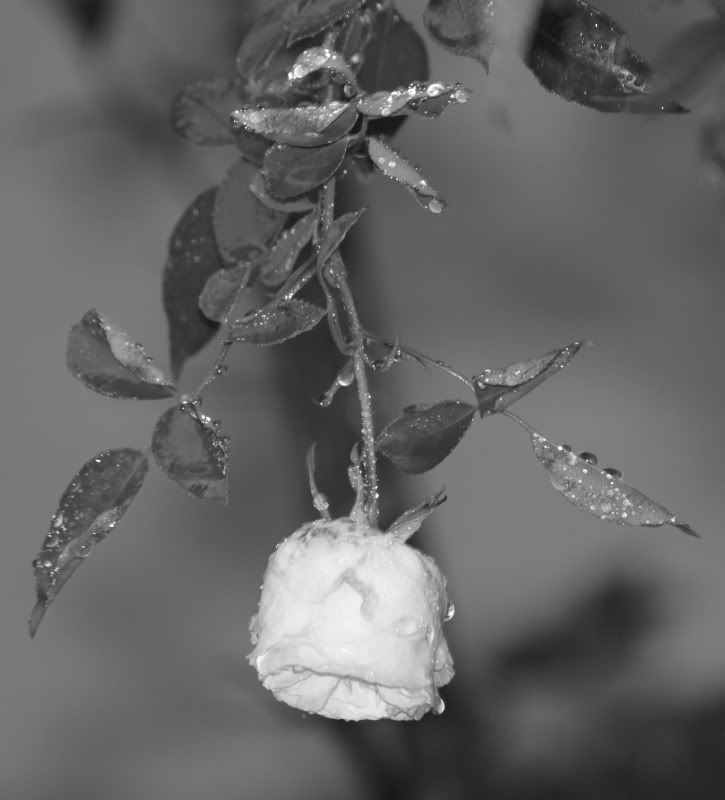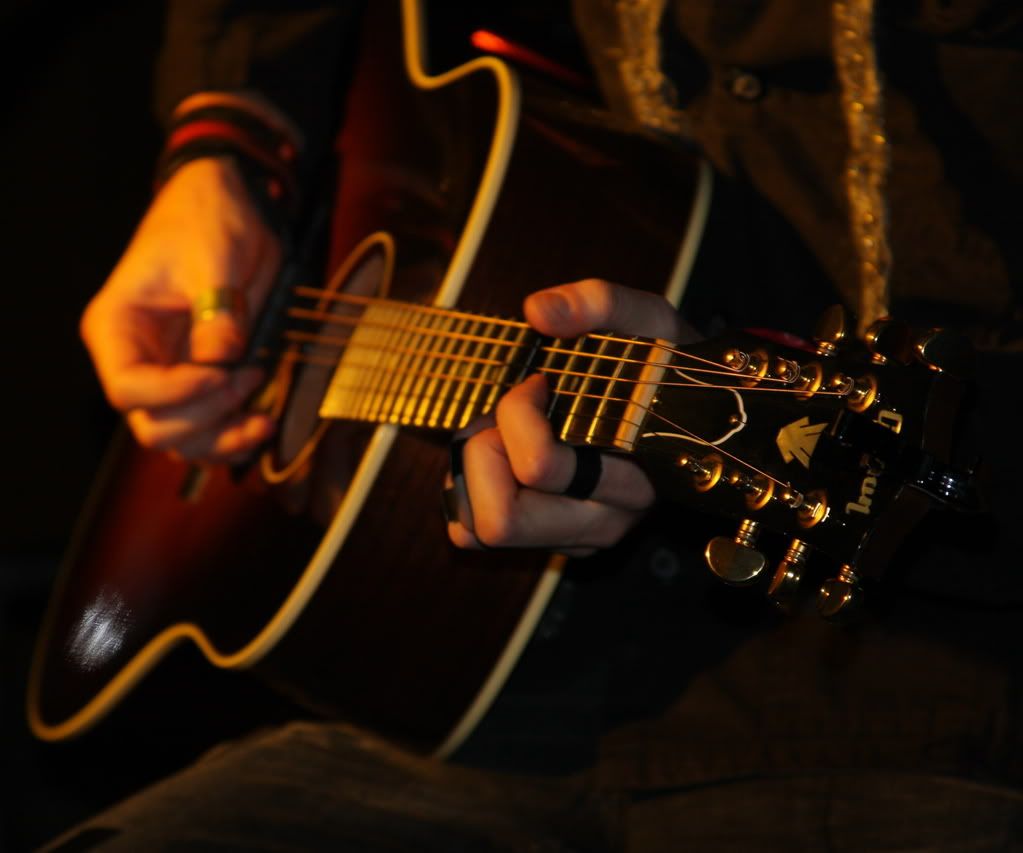Post by grumpypirate on Oct 22, 2007 23:01:12 GMT -5
Since Halloween isn't that far away I thought I'd post some Halloween Fun! Starting with some trivia!
Halloween was originally a Celtic holiday celebrated on October 31.
Halloween was brought to North America by immigrants from Europe who would celebrate the harvest around a bonfire, share ghost stories, sing, dance and tell fortunes.
Orange and black are Halloween colors because orange is associated with the Fall harvest and black is associated with darkness and death.
There are no words in the dictionary that rhyme with orange, the color of pumpkin.
According to folklore, the jack-o-lantern got his name from a man named Jack.
Turnips and beets served as the original jack-o-lanterns.
Jack o lanterns originated in Ireland where people placed candles in hollowed-out turnips to keep away spirits and ghosts on the Samhain holiday.
Mexico celebrates 'The Day of the Dead' instead of Halloween.
Pumpkins also come in white, blue and green. Great for unique monster carvings!
Pumpkins originated in Central America. When Europeans arrived in the New World, they found pumpkins plentiful and used in cooking by Native Americans. They took seeds back to Europe where they quickly became popular.
Growing big pumpkins is a big time hobby. Top prize money for the biggest giant pumpkin is as much as $25,000 dollars at fall festivals.
A pumpkin is a berry in the cucurbitaceae family, which also includes melons, cucumbers, squash and gourds. All these plants are native to the Americas.
Halloween is the 2nd most commercially successful holiday, with Christmas being the first. People spend as much as over $2.5 billion during Halloween on candies, costumes, decorations and parties.
Halloween candy sales average about 2 billion dollars annually in the United States.
Chocolate candy bars top the list as the most popular candy for trick-or-treaters with Snickers .
It is believed that the Irish began the tradition of Trick or Treating. In preparation for All Hallow's Eve, Irish townsfolk would visit neighbors and ask for contributions of food for a feast in the town.
The ancient Celts thought that spirits and ghosts roamed the countryside on Halloween night. They began wearing masks and costumes to avoid being recognized as human.
Black cats were once believed to be witch's familiars who protected their powers.
Samhainophobia is an intense fear of Halloween.
Halloween was originally a Celtic holiday celebrated on October 31.
Halloween was brought to North America by immigrants from Europe who would celebrate the harvest around a bonfire, share ghost stories, sing, dance and tell fortunes.
Orange and black are Halloween colors because orange is associated with the Fall harvest and black is associated with darkness and death.
There are no words in the dictionary that rhyme with orange, the color of pumpkin.
According to folklore, the jack-o-lantern got his name from a man named Jack.
Turnips and beets served as the original jack-o-lanterns.
Jack o lanterns originated in Ireland where people placed candles in hollowed-out turnips to keep away spirits and ghosts on the Samhain holiday.
Mexico celebrates 'The Day of the Dead' instead of Halloween.
Pumpkins also come in white, blue and green. Great for unique monster carvings!
Pumpkins originated in Central America. When Europeans arrived in the New World, they found pumpkins plentiful and used in cooking by Native Americans. They took seeds back to Europe where they quickly became popular.
Growing big pumpkins is a big time hobby. Top prize money for the biggest giant pumpkin is as much as $25,000 dollars at fall festivals.
A pumpkin is a berry in the cucurbitaceae family, which also includes melons, cucumbers, squash and gourds. All these plants are native to the Americas.
Halloween is the 2nd most commercially successful holiday, with Christmas being the first. People spend as much as over $2.5 billion during Halloween on candies, costumes, decorations and parties.
Halloween candy sales average about 2 billion dollars annually in the United States.
Chocolate candy bars top the list as the most popular candy for trick-or-treaters with Snickers .
It is believed that the Irish began the tradition of Trick or Treating. In preparation for All Hallow's Eve, Irish townsfolk would visit neighbors and ask for contributions of food for a feast in the town.
The ancient Celts thought that spirits and ghosts roamed the countryside on Halloween night. They began wearing masks and costumes to avoid being recognized as human.
Black cats were once believed to be witch's familiars who protected their powers.
Samhainophobia is an intense fear of Halloween.



